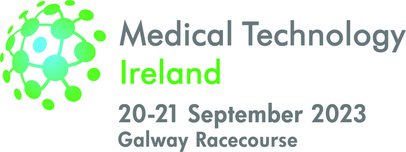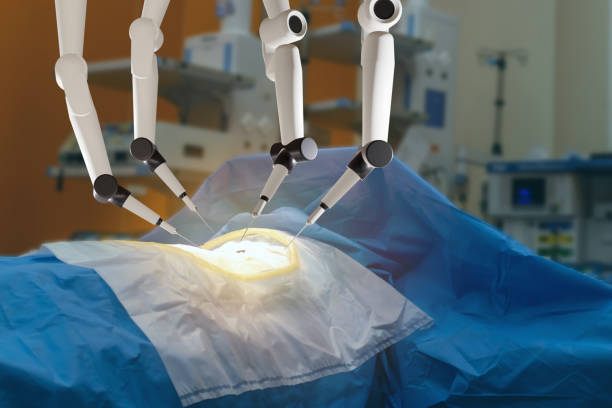The intersection of robotics, Artificial Intelligence (AI), and medicine is giving rise to a transformative revolution in surgery. AI-enhanced robotic medical devices are making it possible for surgeons to perform complex procedures remotely, with unparalleled precision and efficiency, ushering in a new era of surgical care.
The Convergence of AI and Robotic Surgery
Robotic surgical systems have been in use for years, providing surgeons with enhanced precision and control. However, the integration of AI takes robotic surgery to a whole new level by offering:
1. Real-time Data Analysis: AI algorithms process vast amounts of patient data in real-time, providing surgeons with crucial insights during surgery.
2. Predictive Analytics: AI predicts potential complications or anatomical variations, enabling surgeons to make proactive decisions.
3. Enhanced Surgical Skills: AI provides guidance and recommendations, enhancing a surgeon’s capabilities and reducing the learning curve for complex procedures.
4. Remote Surgery: AI-powered robotic systems can facilitate remote surgery, bringing expertise to underserved areas and reducing the need for patient travel.
Applications of AI-Enhanced Robotic Surgery
AI-driven robotic surgery has a wide range of applications across medical specialties:
1. Minimal Invasive Procedures: Robotic systems offer smaller incisions, shorter hospital stays, and faster recovery times.
2. Neurosurgery: AI assists in delicate brain and spinal surgeries, improving precision and minimizing risks.
3. Cardiovascular Surgery: Robotic systems enable precise heart and vascular procedures, reducing complications.
4. Telesurgery: AI-enhanced robots can perform surgery remotely, expanding access to surgical expertise worldwide.
Challenges and Considerations
The integration of AI into robotic surgery brings challenges, including regulatory approvals, data security, and ensuring the ethical use of AI. Safeguarding patient data and maintaining the highest standards of safety are top priorities.
The Future of AI-Enhanced Robotic Surgery
The future of AI-enhanced robotic surgery is filled with possibilities:
- Telesurgery Expansion: AI-powered robotic systems will enable more complex remote surgeries, bridging healthcare disparities.
- Autonomous Surgery: AI algorithms may perform certain routine surgical tasks autonomously, allowing surgeons to focus on complex aspects of the procedure.
- Global Training: AI will facilitate remote surgical training, enabling surgeons worldwide to learn from experts.
- Personalized Surgery: AI will tailor surgical approaches to individual patient anatomy and conditions.
Conclusion: A Surgical Revolution Unveiled
AI-empowered robotic surgery is transforming the practice of medicine, making complex procedures more accessible, efficient, and precise. As AI technology continues to advance, we can expect robotic surgery to play an increasingly pivotal role in healthcare, improving patient outcomes and expanding access to expert surgical care. Medical Devices Global remains committed to providing comprehensive coverage and insights into the dynamic world of AI-enhanced robotic medical devices and their transformative impact on the future of surgery and patient care.



